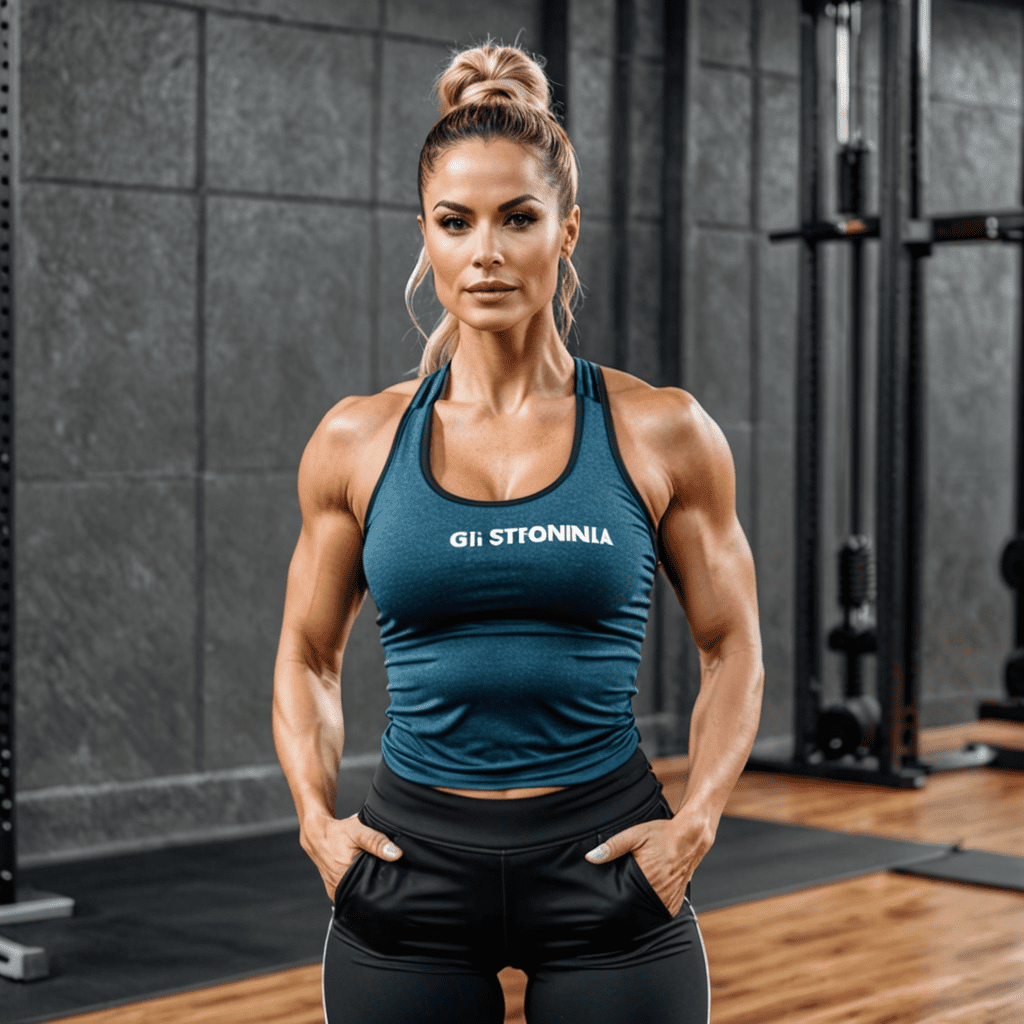
Vegan Diet: Enhancing Endurance and Stamina Levels
I. Introduction
In the realm of sports and fitness, endurance and stamina reign supreme as vital components of athletic performance. Athletes across various disciplines, from marathon runners to cyclists, consistently seek ways to enhance their ability to endure prolonged physical exertion. Enter the vegan diet, a plant-based nutritional approach that has garnered increasing attention for its potential to boost endurance and stamina levels.
II. The Nutritional Foundation of a Vegan Diet
The vegan diet centers around the consumption of plant-based foods, excluding all animal products including meat, poultry, fish, dairy, and eggs. This dietary framework emphasizes whole, unprocessed foods such as fruits, vegetables, legumes, nuts, and seeds. These plant-based sources offer a rich tapestry of essential nutrients, including carbohydrates, protein, fats, vitamins, and minerals, which serve as the cornerstone for optimal physical performance.
III. Macronutrient Composition for Enhanced Endurance
Understanding the role of macronutrients is crucial for endurance athletes. The macronutrients—carbohydrates, protein, and fats—provide the body with the necessary energy and building blocks to sustain prolonged physical activity. A well-balanced vegan diet ensures an optimal intake of these macronutrients, catering to the specific demands of endurance athletes.
IV. Micronutrients Essential for Stamina
Beyond macronutrients, micronutrients are equally indispensable for enhancing endurance and stamina. Iron, for instance, plays a vital role in oxygen transport, while vitamin B12 supports energy metabolism. Calcium and vitamin D contribute to bone health, reducing the risk of stress fractures common among endurance athletes. A vegan diet, rich in fruits, vegetables, and fortified plant-based foods, ensures a sufficient intake of these essential micronutrients.
V. Carbohydrates as Fuel for Endurance
Carbohydrates serve as the primary fuel source for endurance athletes. They provide the body with the glucose required for energy production during prolonged exercise. A vegan diet, abundant in whole grains, fruits, and vegetables, offers a sustained release of carbohydrates, helping to maintain energy levels throughout the duration of endurance activities.
VI. Protein for Recovery and Muscle Repair
Protein is essential for muscle recovery and repair after endurance activities. Plant-based sources of protein, such as legumes, tofu, tempeh, and nuts, provide the amino acids necessary for muscle growth and maintenance. A vegan diet, rich in these plant-based proteins, supports the recovery process, enabling athletes to bounce back stronger for subsequent training sessions.
VII. Fats for Sustained Energy
Contrary to popular belief, fats play a crucial role in endurance performance. Healthy fats, found in sources such as avocados, nuts, and seeds, provide sustained energy throughout prolonged exercise. These fats delay carbohydrate depletion, sparing glycogen stores and ensuring optimal performance.
VIII. Hydration: The Key to Optimal Performance
Hydration is paramount for endurance athletes. Water intake should be regular and sufficient to replace fluids lost through sweat. Plant-based sports drinks or coconut water can provide electrolytes and carbohydrates, further enhancing hydration and performance.
IX. Supplements for Enhanced Endurance (Optional)
While a well-balanced vegan diet can provide most of the nutrients required for endurance performance, certain supplements may offer additional benefits. Creatine, for example, has been shown to improve muscle power and endurance. Beta-alanine can reduce muscle fatigue, allowing athletes to push harder for longer. However, it's essential to consult with a healthcare professional before incorporating supplements into a vegan diet.
X. Conclusion
A vegan diet, rich in whole, plant-based foods, provides endurance athletes with the necessary nutrients to enhance their performance. By optimizing macronutrient intake, ensuring adequate micronutrient consumption, and maintaining proper hydration, vegan athletes can unlock their full potential, pushing the limits of their endurance and stamina.
FAQs:
######Q: Is a vegan diet as effective as a traditional diet for endurance athletes?
A: A well-planned vegan diet can provide all the nutrients required for endurance performance, offering comparable benefits to traditional diets.
######Q: What are some examples of vegan foods that are particularly beneficial for endurance athletes?
A: Whole grains, legumes, fruits, vegetables, nuts, and seeds are excellent sources of nutrients essential for endurance training.
######Q: Is supplementation necessary for vegan endurance athletes?
A: While a balanced vegan diet typically meets nutritional needs, some supplements, such as creatine and beta-alanine, may provide additional performance benefits. It's advisable to consult with a healthcare professional for personalized advice.


